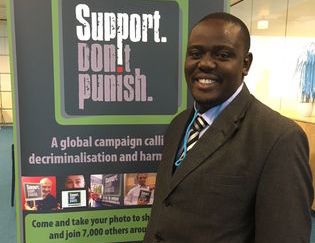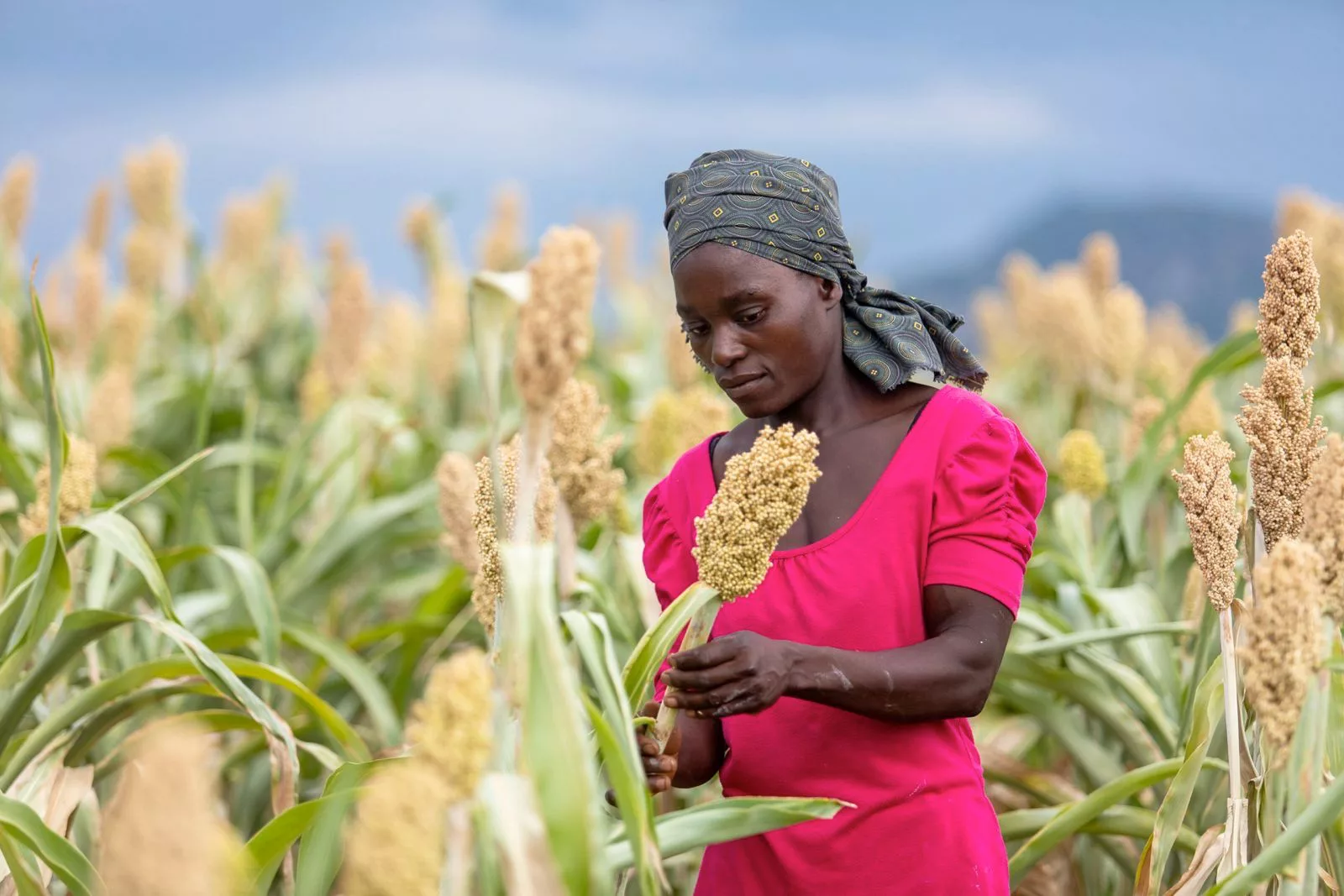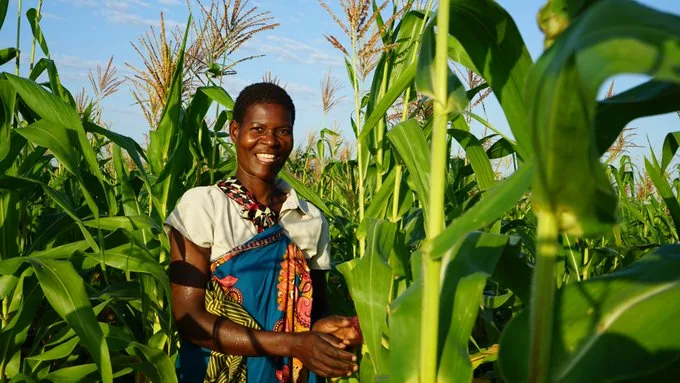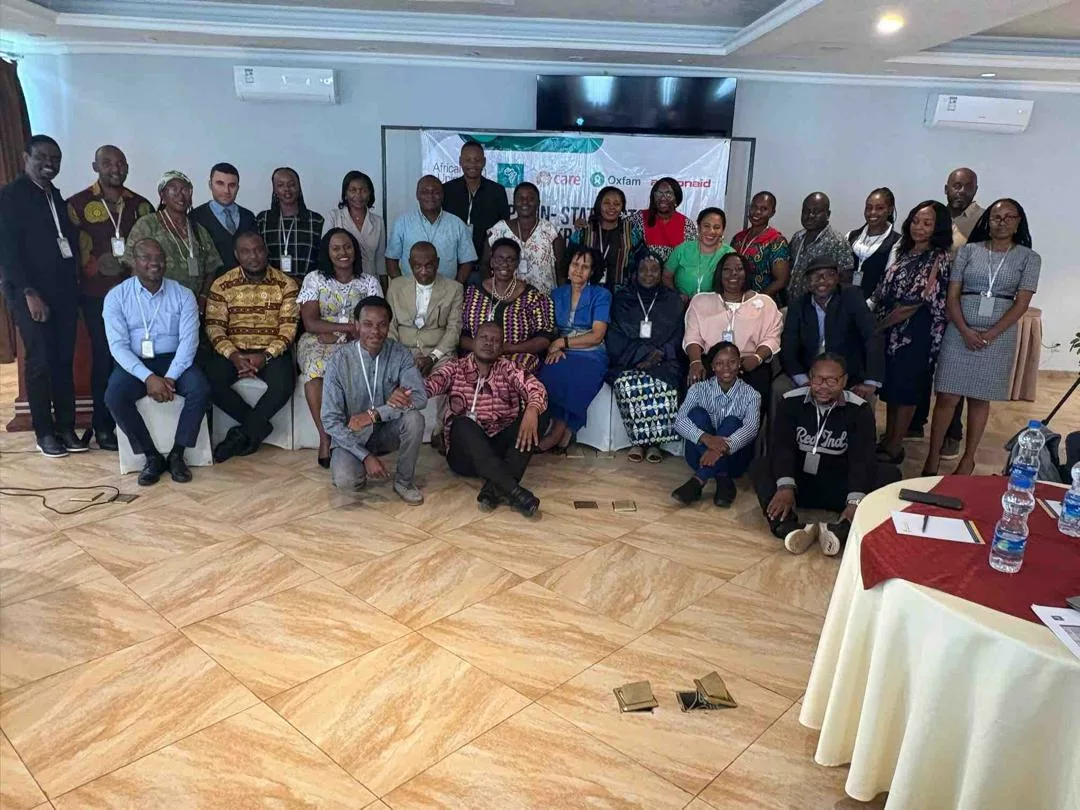|
Getting your Trinity Audio player ready...
|
The Zimbabwe Civil Liberties and Drug Network (ZCLDN) is calling for the alignment of laws following the move by the government when on April 27, 2018, Zimbabwe became the second African country to legalise growing cannabis for medicinal and scientific purposes.
As such, the Medicines Control Authority of Zimbabwe (MCAZ) recently invited licensed cannabis and hemp producers, manufacturers, importers, exporters, and retail pharmacists to apply for approval to sell the products.
This is in line with the 30th special session of the General Assembly, convened in accordance with Assembly resolution 67/193 of December 20, 2012, held at United Nations Headquarters from April 19-21, 2016 where parties highlighted “the need to enhance national efforts and international cooperation at all levels to address that situation by promoting measures to ensure their availability and accessibility for medical and scientific purposes, within the framework of national legal systems, while simultaneously preventing their diversion, abuse, and trafficking, in order to fulfill the aims and objectives of the three international drug control conventions”.
Zimbabwe Civil Liberties and Drug Network (ZCLDN) welcomed the move by MCAZ of issuing licences to all companies and individuals who are in the production and selling of medicinal cannabis as this will go a long way in assisting people with chronic illnesses such as cancer and arthritis, among others.
ZCLDN applauded the government’s role in upholding international statutes in helping people with chronic illnesses.
MCAZ, however, warned those caught selling cannabis without licences that they will be prosecuted for selling unapproved medicines.
Zimbabwe’s laws for possession of cannabis for personal use are very strict while cannabis use remains highly stigmatised.
“As such, we call upon the government of Zimbabwe to reform the Criminal Law (Codification and Reform) Act, Chapter 9:23 (57) and the Dangerous Drugs Act Chapter 15 to enable the full implementation of the Zimbabwe National Drug Master Plan in offering harm reduction services for people who use and inject drugs.
“In the same spirit, ZCLDN calls upon the government to speed up the establishment of public rehabilitation centres, one per Province for the treatment of people who use drugs. The current private rehabilitation centres are beyond the reach of the majority,” said Mr. Wilson Box, the ZCLDN Projects Executive Director.






